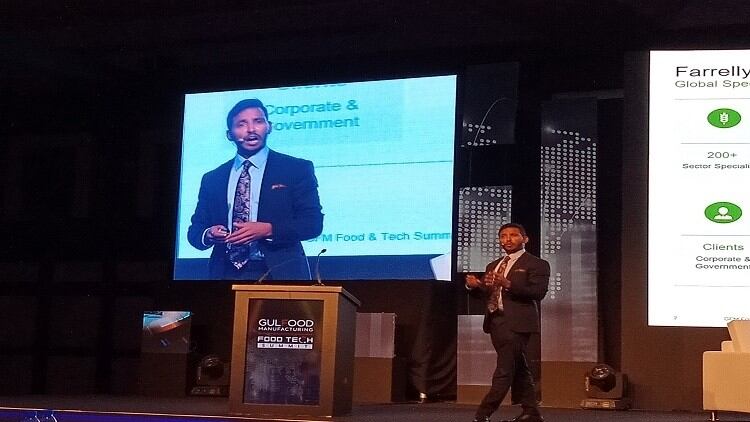That’s according to Syahrul Nizar Yahya, who is head of operations for Pixel Play Ventures, Malaysia’s first Islamic venture capitalist.
Though it may be tempting to be based nearby to the country’s halal certification giant Jakim, they could still reap the benefits at a lower cost elsewhere.
“Even though Malaysia is considered as being the benchmark when it comes to halal certification with Jakim, startups may be better advised to look to our neighbours to launch their businesses,” he said.
“In Thailand, for example, labour is cheaper, rent is cheaper; a company can produce a mass of beverage bottles for much less than they could in Malaysia. If all these factors are better in Thailand, or Indonesia or Vietnam, they would be advised to do it there.”
Malaysia has had little in the way of a mass-produced beverage industry, halal or otherwise, since century-old homegrown soft drinks major F&N ceded from the nation with Singapore’s independence. Still headquartered on the island, it is now under the ownership of ThaiBev.
It has often been noted how Malaysia holds a great deal of potential in the halal sphere, with Jakim seen globally as the halal certifier of choice. Its close proximity is often considered a fillip for the country’s food companies.
But in a globalised and interconnected world, Syahrul doesn’t believe being near to the regulator would have any clear benefit for halal drinks startups, who should instead concentrate on their production, marketing and logistics—and focus on their bottom line.
“Jakim now has certification bodies in over 70 countries worldwide, including countries in this region. It doesn’t make up any sense to pay higher costs out of Malaysia when a start-up can produce beverages elsewhere while still being endorsed by Jakim,” Syahrul continued.
“If you can create more wealth by launching in Bangkok, it makes better sense than creating less wealth by producing in Malaysia.”
As a VC, he sees his role to point out potentially uncomfortable realities to startups who may not in fact see the true nature of their business. Many entrepreneurs may well prefer to stay on home ground to build their business, but the fact of the matter, he says, is that Malaysia cannot compete in producing drinks, and startups would be better advised to look overseas for production, while still maintaining their status as local businesses.
“They need to be grounded in reality when evaluating their company. The reality is there are better avenues to explore abroad,” he added.




